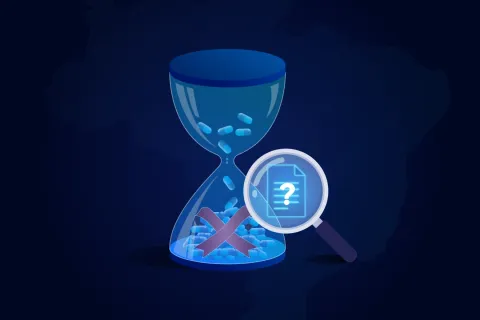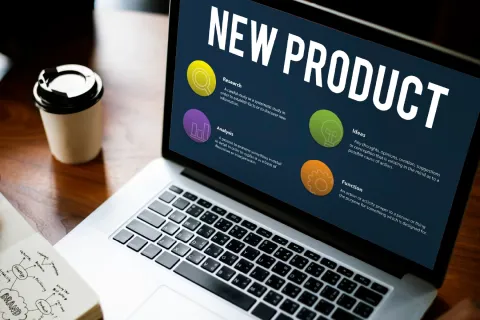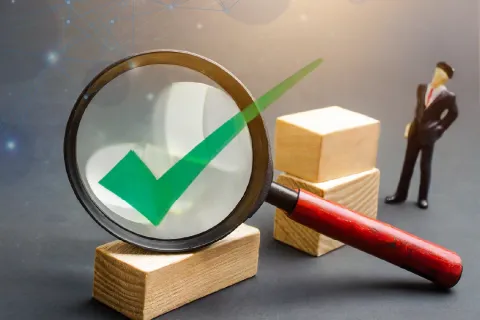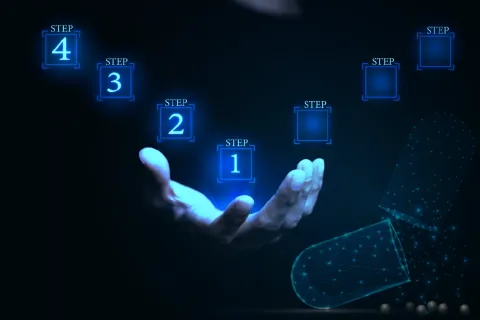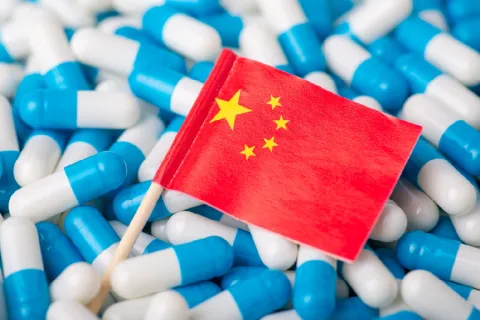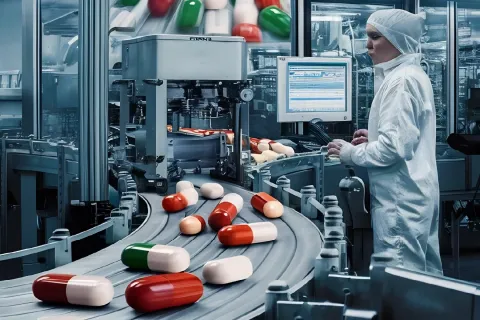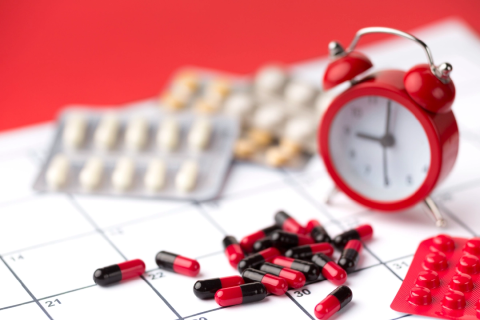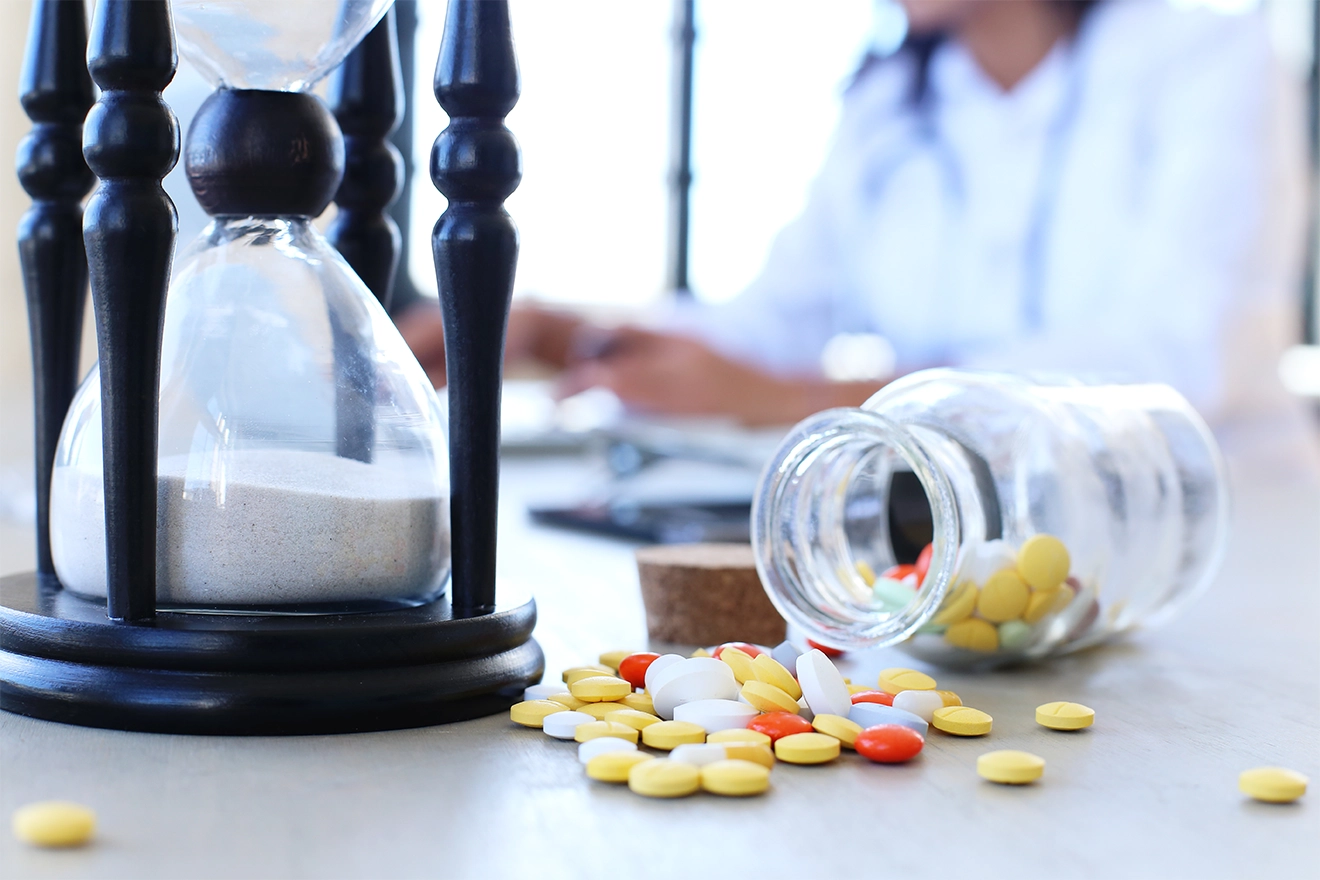
Japan is a key market for the pharmaceutical industry, but its drug approval process can be complex and daunting. If you are seeking to introduce a new drug into the Japanese market, you must understand the drug approval process and navigate it effectively.
This blog will answer eleven (11) of the most Frequently Asked Questions (FAQs) about the drug approval process in Japan. It provides a comprehensive overview and practical guidance for companies looking to navigate this intricate Regulatory landscape.
Q1: What is the PMDA?
A1: The Pharmaceuticals and Medical Devices Agency (PMDA) is the Regulatory authority responsible for overseeing the drug approval process in Japan.
Q2: What are the different types of drug applications that you can submit to the PMDA?
A2: The three (03) main types of drug applications that you can submit to the PMDA are as follows:
- Investigational New Drug (IND): You need to submit this application before conducting clinical trials in Japan.
- New Drug Application (NDA): You need to submit this application to get approval for marketing a new drug in Japan.
- Abbreviated New Drug Application (ANDA): You must submit this application to get approval for marketing a generic drug in Japan.
Q3: What is the process of submitting an NDA to the PMDA?
A3: The process you need to follow for submitting an NDA to the PMDA is elucidated below:
- You must prepare an NDA dossier in accordance with the PMDA’s Common Technical Document (CTD) format.
- You must submit the NDA dossier to the PMDA along with the required fees.
- The PMDA will then review the NDA dossier and may request additional information.
- If the PMDA is satisfied with the NDA dossier, they will approve the drug for marketing in Japan.
Q4: How long does it take for the PMDA to review an NDA?
A4: The PMDA aims to review an NDA within twelve (12) months from its submission. However, the actual time taken for review can vary, depending on the complexity of the NDA dossier and the availability of PMDA resources.
Q5: On what grounds can the PMDA refuse to approve an NDA?
A5: The PMDA can refuse to approve an NDA under the following circumstances:
- If it finds that the drug is not safe, effective, or of high quality.
- If the applicant fails to provide sufficient information to support the NDA dossier.
Q6: What are the post-marketing safety requirements for drugs in Japan?
A6: Marketing Authorization Holders (MAH) in Japan are required to submit post-marketing safety reports to the PMDA on a regular basis. The reports must include information on any adverse events that have been reported in association with the drug. The PMDA also conducts its own post-marketing safety surveillance activities.
Q7: What are the requirements for marketing generic drugs in Japan?
A7: To market a generic drug in Japan, you must submit an ANDA to the PMDA. The ANDA must demonstrate that the generic drug is bioequivalent to the Reference Listed Drug (RLD), which is the original brand-name drug approved for marketing in Japan.
Q8: What are the SAKIGAKE drug designation system and the PRIME system?
A8: The SAKIGAKE drug designation system and the PRIME system are two (02) recent initiatives that the PMDA has implemented to accelerate the development and approval of new drugs in Japan. Here is a brief overview of the systems:
- The SAKIGAKE designation applies to drugs that are intended to treat serious or life-threatening diseases and have the potential to make a significant contribution to public health. Drugs designated under this system are reviewed on priority by the PMDA.
- The PRIME system applies to drugs that are in the early stages of development and that have the potential to make a significant contribution to public health. Drugs under this system receive early and intensive guidance from the PMDA.
Q9: What are the fees associated with the drug approval process in Japan?
A9: The PMDA charges fees for reviewing drug applications. However, the fees vary depending on the type of application and the complexity of the dossier.
Q10: What are the main challenges associated with the drug approval process in Japan?
A10: The main challenges associated with the drug approval process in Japan include:
- High safety and efficacy standards.
- A complex and lengthy review process.
- Language barriers.
Q11: How can companies overcome the challenges of the drug approval process in Japan?
A11: Companies can overcome the challenges of the drug approval process in Japan by adopting the following steps:
- Collaborate with an experienced Regulatory service provider like Freyr, who has a deep understanding of the Japanese Regulatory system.
- Submit high-quality NDA dossiers that meet all the requirements of the PMDA.
- Communicate effectively with the PMDA throughout the review process.
Are you looking for expert guidance to get your drug approved in Japan? Freyr’s team of Regulatory experts is here to guide you through the entire process. Contact us today!
